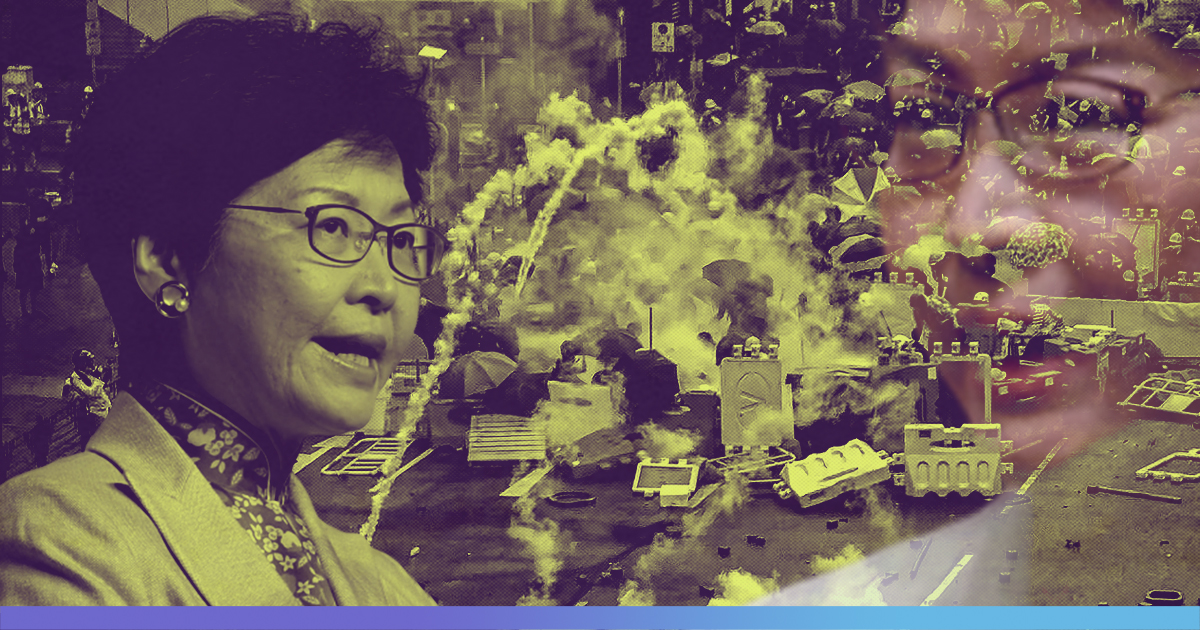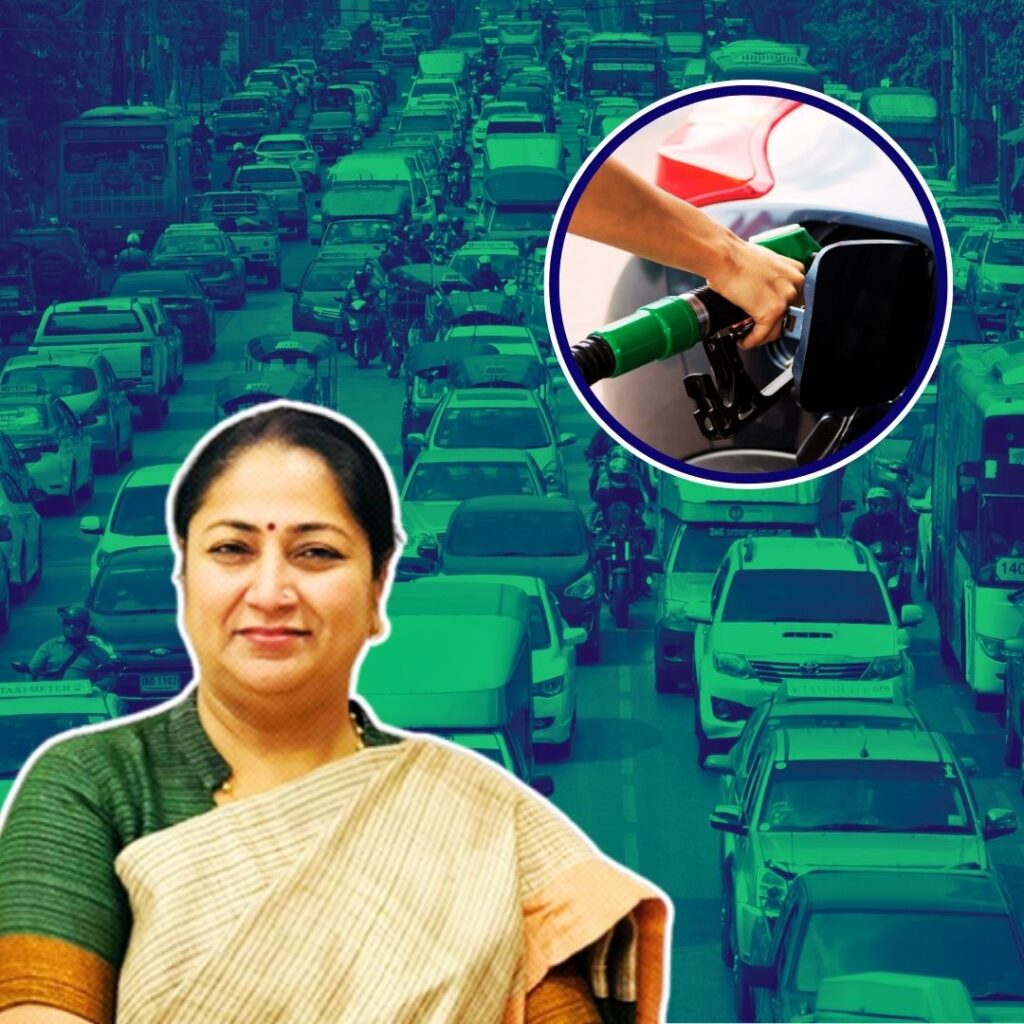After months of unrest and demands for democratic change, today, Hong Kong’s legislature formally withdrew planned legislation that would have allowed criminal suspects to be extradited to mainland China.
The amendment to the extradition bill was introduced in April, and it sought to update existing laws that govern extradition processes and legal assistance between Hong Kong and other jurisdictions. The bill sought to amend the Fugitive Offenders Ordinance and the Mutual Legal Assistance in Criminal Matters Ordinance.
The bill was earlier suspended after nearly two million people took to street in a mass protest. The police had termed the gathering as the largest protest in Hong Kong’s history.
Hong Kong: Protestors Turn Violent, Occupy Govt Headquarters
A group of protesters, breaking away from a peaceful protest, on Monday (July 1, 2019) stormed and vandalized the Legislative Council building in Hong Kong.
The Logical Indian ಅವರಿಂದ ಈ ದಿನದಂದು ಪೋಸ್ಟ್ ಮಾಡಲಾಗಿದೆ ಮಂಗಳವಾರ, ಜುಲೈ 2, 2019
The bill’s formal withdrawal fulfils only one of five key demands by protesters, who chanted “five demands, not one less” in Hong Kong’s streets.
The other demands are:
- For the protests not to be characterised as a “riot”
- Release of arrested protesters
- An independent inquiry into alleged police brutality during protests
- Implementation of complete universal suffrage
Hong Kong leader Carrie Lam has said many times that the bill was as good as dead and that other demands, including universal suffrage, were beyond her control.
The news of the withdrawal of the amendment came after the murder suspect who prompted the original extradition bill was released from prison on Wednesday.
Chan Tong-kai, who is alleged to have killed his pregnant girlfriend while on holiday in Taiwan, was set free from a Hong Kong jail on Wednesday morning (23 October 2019) after serving 18 months. Chan couldn’t have been tried in Hong Kong for a crime committed in Taiwan and this led to the government proposing the law.
Hong Kong on Wednesday rejected a request from Taiwan to send law enforcement officers to escort Chan to Taiwan, where he faces murder charges and said Taiwan’s offer was “disrespectful” to Hong Kong’s jurisdictional power.
Taiwan had earlier refused to allow Chan to surrender himself, demanding the establishment of a mutual legal assistance framework with Hong Kong first.
Taiwan President Tsai Ing-wen has called the Hong Kong government “irresponsible” for the way it has dealt with Chan’s case.
Will The Withdrawal Stop Protests?
The withdrawal of the extradition bill is unlikely to calm protests, as demonstrations shall continue until all the demands are fulfilled, one of which includes Hong Kong Chief Carie Lam standing down as well as an independent inquiry into alleged police brutality during the protests.
China wanted a stabilised situation before a final decision can be made on any leadership changes because they did not want to be seen to be giving in to violence, The Financial Times reported.
Also Read: Hong Kong: Chief Executive Carrie Lam To Withdraw Extradition Bill After Months Of Violent Protest











